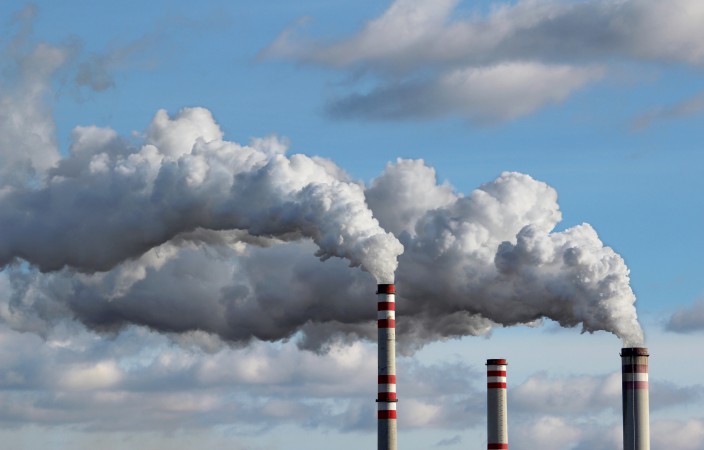Climate change and tort law in New Zealand - Smith v Fonterra Cooperative Group Limited & Ors [2024] NZSC 5

Today, after a 3 day hearing in August 2022, the Supreme Court released their decision in Smith. This decision is notable as it begins to wrestle with issues relating to climate change damage and whether it can fit within the framework of private tort law actions.
The applicant, Mr Smith, brought a proceeding claiming customary interests in land and other resources in or around a specific area in Northland. He had three causes of action – in public nuisance, negligence, and a new “climate system damage” tort. He wanted to bring a claim against some big emitters in the New Zealand – Fonterra, Genesis, Dairy Holdings Ltd, New Zealand Steel, Z Energy, the operator of Marsden refinery/import terminal, and BT Mining Ltd. These companies are collectively alleged to be responsible for more than 1/3 of NZ’s greenhouse gas emissions.
The respondents applied to strike out the claim in the High Court. Two of the three causes of actions were struck out in the High Court. All of them were struck out in the Court of Appeal. In this case the Supreme Court considered whether Mr Smith’s claim should be reinstated and should be allowed to proceed to a hearing, and ultimately, it found that he was.
The respondents argued variously that Mr Smith’s claim attempted to “stretch, bend and invert” tort law in New Zealand – arguing that while it is flexible, it did not respond to this situation. They argued that the common law is ill equipped to deal with climate change – and it was an issue best left for parliament.
In considering these issues, the Court made clear statements to the effect that climate change threatens human well-being and planetary health, and also noted that the window to ensure a liveable and sustainable future for all is rapidly closing.
The claim was pleaded on the basis that the proposed defendants had failed to credibly commit to voluntary measures which would meet the minimum required reductions, and had in fact actively lobbied against regulatory measures that would contribute to the necessary reductions.
It was alleged that Mr Smith would suffer harm from the effects of dangerous anthropogenic interference, and that the respondents owed a duty to take reasonable care not to operate their businesses in a way that will cause him loss by contributing to dangerous anthropogenic interference in the climate system.
The Court carried out a detailed survey of the current legislative framework in New Zealand which addressed climate change issues. The Supreme Court found that resort to common law actions in relation to adverse environmental effects is expressly preserved in the RMA within an overlapping system of various legislative controls, and noted that parliament has not pre-emptively excluded a common law response to damage caused by greenhouse gas emissions. It expressly retained that possibility.
When considering whether strike out of the public nuisance claim was appropriate, the Court noted that how the law of torts should respond to cumulative causation in a public nuisance case is not a matter that it could answer pre-emptively, without evidence and policy analysis – but the Court was required to assume that the consequence of the emissions attributable to the respondents activities is harm to the land and the plaintiff’s other interests. The claim was reinstated.
A final issue that the Court addressed related to Tikanga and tort claims. Despite assertions to the contrary, this was not a new issue, and there were cases that considered it dating back to the late 19th century. Whatever the cause of action, the Supreme Court recorded that the trial court will need to grapple with the fact that the plaintiff purports to bring proceedings not merely as a land owner who has suffered loss, but as a kaitiaki acting on behalf of the whenua, wai and moana, which were each distinct entities in their own right. The Court noted that some tikanga conceptions of loss are neither physical nor economic – suggesting that was not a barrier to their validity.
This case will now return to the High Court, for a substantive trial. It will be one to watch for the development of tort law and climate change litigation in New Zealand.
Please contact our team on 03 379 3880 if you wish to discuss this case or have any questions.
